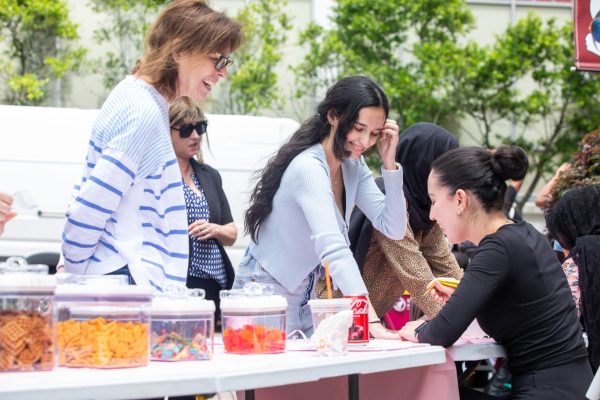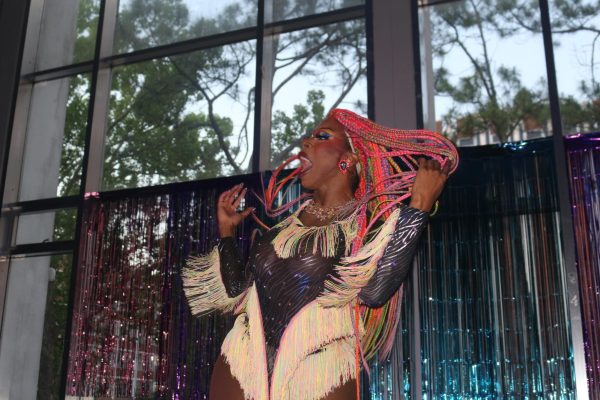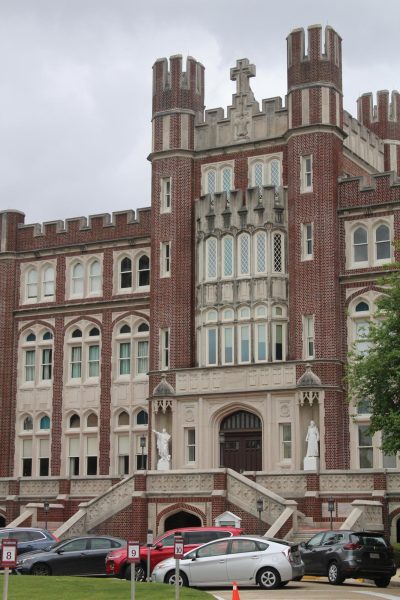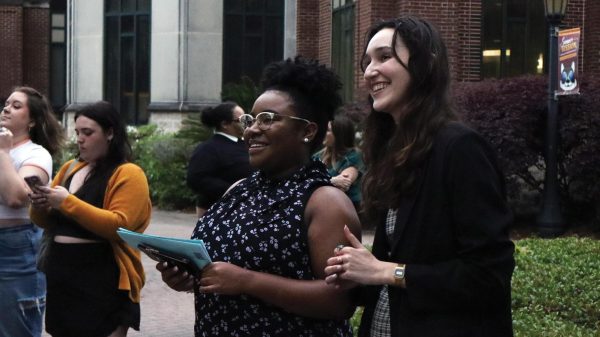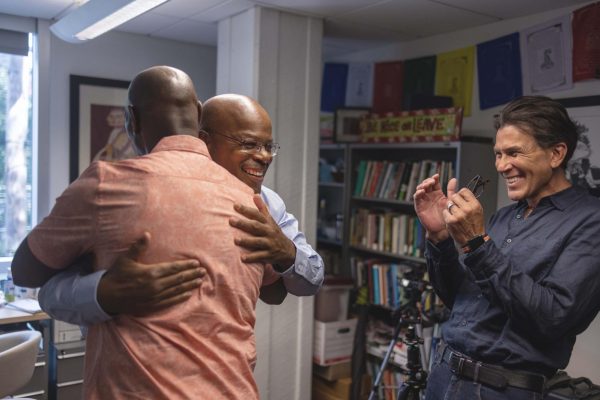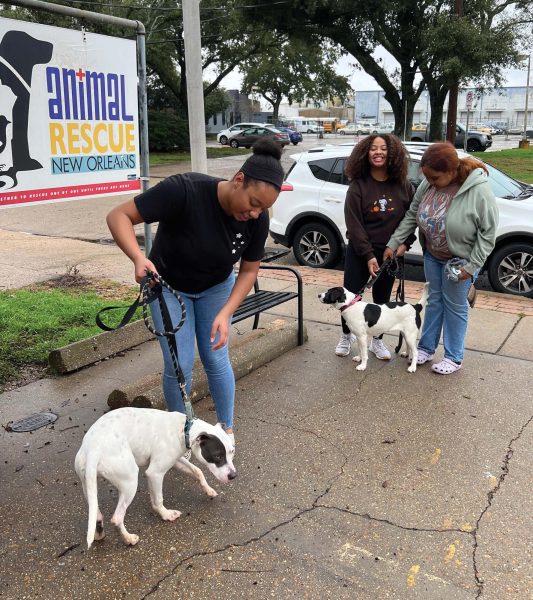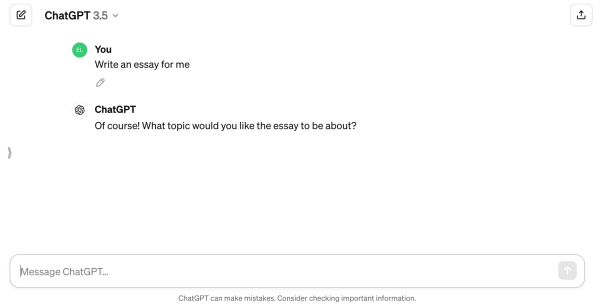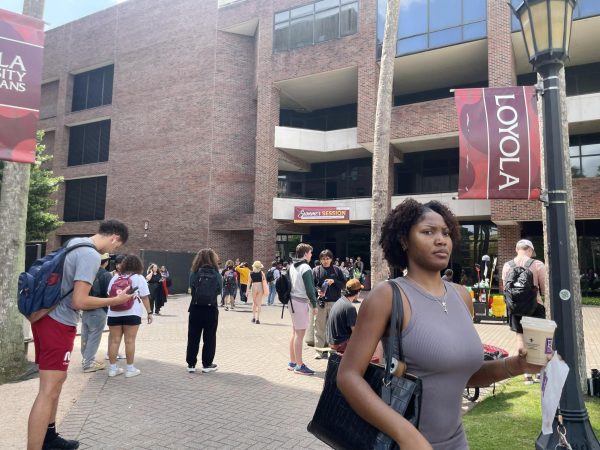No confidence for Wildes
January 29, 2016
Loyola faculty have officially issued a vote of “no confidence” about the leadership of the Rev. Kevin Wildes, S.J., university president.
At the Jan. 21 university senate meeting, faculty met with Mark Manganaro, university provost, and board members to discuss changes to get the school out of its current deficit. The meeting covered everything from staff and faculty retirement protocol to what the school plans to do with the future student body and tuition.
The highlight of the meeting wasn’t about the faculty’s new age requirement for retirement, but the vote that solidified less faith towards the board of trustees and Loyola’s president. The votes piled in at 38-10 vote for “no confidence” against Wildes.
The faculty did not hold back their opinions during the meeting. Board members addressed the lack of Loyola’s president’s public appearances, and their firm strategy to keep him in place as the schools president, but that didn’t stop people from expressing how they felt about the way the Board of Trustees and the decision making of Fr. Wildes, especially John Levendis, associate professor of economics.
“If this was a company or business, or any other school, someone would’ve gotten fired by now,” Levendis said.
The board members that were in attendance at the senate hearing knew that the faculty were voting and believed that if staff voted against Wildes, then that would “impede” the university’s progress. It became obvious that the faculty found his decision making over the past eleven years with “spotty admissions, retention, and what some professors call irrational budget cuts.”
The faculty members in attendance asked during the meeting what the board members saw in his leadership abilities, and a board member replied that they see results.
An issue that hasn’t sat well with many of the staff and faculty is the lack of communication from Wildes to the Loyola community. He rarely makes public appearances, and rarely speaks openly with people in the university. This has been seen as a negative aspect of his tenure by the faculty over the past couple of years.
The one aspect of the meeting that could be seen as a positive were the supposed future plans the Board of Trustees have for the school. One being a focus on international students and the majors that could be suitable for them. Majors such as international relations, culinary programs and bilingual programs could boost retention and prospective students.
The meeting also brought back an eerie reminder of what some faculty had to go through over ten years ago during the last major debacle Loyola faced. After Hurricane Katrina, many staff and faculty were laid off. The school and Wildes were quick with their decision making, which led to many disgruntled staff members and former employees.
Connie Rodriguez, associate professor of classical languages and cultures, was one of the many professors who survived the cuts. She also was one of the many locals who stayed behind to weather the storm during and after Katrina’s passing. She and other faculty were relayed the information of the schools decisions on where to go and what to do after the storm through emails, phone calls and instant messaging. To her, this meeting brought out many facets that mirrored 2005 post-Katrina decision making on the Board of Trustees and Wildes.
“There has been a pattern over the past 11 years of us struggling on-again, and off-again. We voted ‘no confidence’ because we need a president that will be here for us. This is not about Kevin Wildes the person, this is about the presidency of our school,” Rodriguez said.
The end of the meeting brought a lot of emotions that staff and faculty were feeling. Barbara Ewell, professor of English, was one of many of the professors who felt strongly about the direction Loyola needs to go in. Sadly, that outcome led to the vote of no confidence and dissent amongst the Board of Trustees and faculty.
“There’s a lack of vision. Wildes has not been successful in stating where we’re going. I regret that we had to take this step, but for the sake of the university, it seems necessary,” Ewell said.







